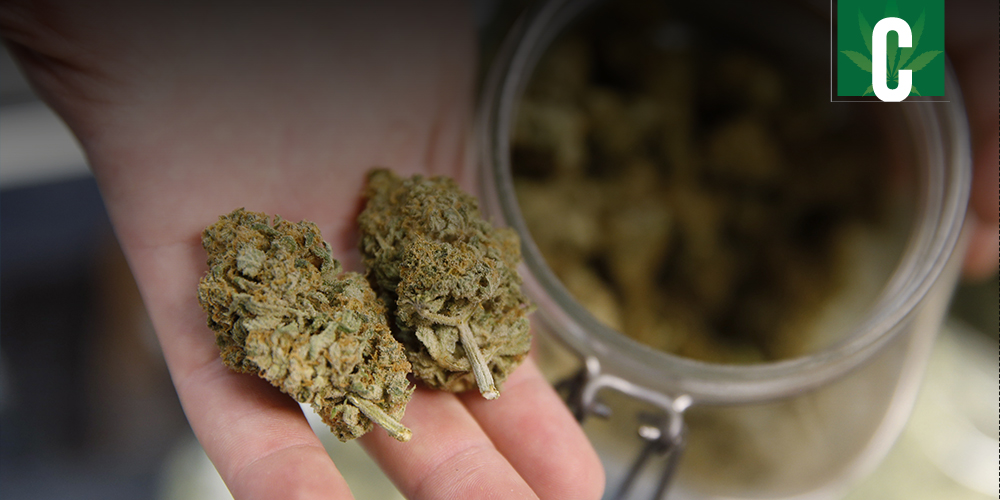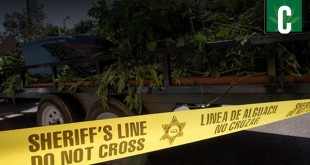In all likelihood, recreational marijuana will be legal in California within a matter of months. The state’s voters will decide Nov. 8 whether they want to legalize the drug, and recent polls show support is strong.
Proposition 64, also known as the Adult Use of Marijuana Act (AUMA), would make it legal for adults to use small amounts of cannabis for recreation. It would work much like similar laws in Colorado and other states where the drug is legal.

Here’s a brief look at how the law would function.
Q: What Would Become Legal Under Prop. 64?
A: If Prop. 64 passes on Election Day, it would legalize purchase, possession, and use of up to 1 ounce of marijuana per adult over the age of 21. The law would allow home cultivation of up to six plants by California residents and would legalize a retail pot industry to grow, process, transport, test, and sell the drug.
Q: How Would Prop. 64 Regulate Legal Cannabis?
A: A recreational marijuana industry would be governed by tough new medical cannabis rules signed into law by Gov. Jerry Brown in 2015. And Prop. 64 would add regulations of its own, providing protections for minors and rules allowing local governments to ban or further restrict the drug if their voters choose to do so.
Q: What Kind of Taxes Would California Collect?
A: The AUMA would impose a 15 percent tax on marijuana sales, along with an excise tax of $9.25 per wholesale ounce of cannabis. That’s in addition to existing local and state sales taxes and licensing fees. Experts estimate California could collect up to $1 billion in new revenue each year.

Q: Where Would the Tax Money Go?
A: The state plans to spend tax revenue generated by Prop. 64 on several programs. At least $3 million would be directed to the California Highway Patrol to fight high driving, $2 million to the University of California for research into the “efficacy and adverse effects” of marijuana use, and $10 million to study how the law works from year to year.
The remaining tax money would be divided as follows: 60 percent for youth drug education, 20 percent for environmental remediation, and 20 percent to law enforcement (on top of the $3 million for CHP). Lawmakers would not be able to change these allocations until 2028.
Q: Could Tokers Smoke in Public?
A: No. As in Colorado and other states where marijuana is legal, it would remain illegal to consume the drug in public. Offenders would be subject to small civil fines. The no-smoking rule also applies in any private or semi-private setting where cigarette smoking is banned. Landlords may restrict smoking by their tenants.
Q: What About Driving?
A: California already prohibits any impaired driving, but critics complain Prop. 64 wouldn’t create a legal limit for THC in the bloodstream. Motorists can be arrested for driving with a blood-alcohol level of 0.08 percent or more, but THC levels aren’t as closely linked to actual impairment. This makes it difficult to set a hard-and-fast cutoff. But the tax revenue directed to law enforcement agencies will be used in part to develop workable standards.
—
Let us know: Do the details of Prop. 64 make any difference in whether you’ll vote for it? Leave a comment below.
 California Marijuana Market Breaking "Marijuana News" from CA
California Marijuana Market Breaking "Marijuana News" from CA





